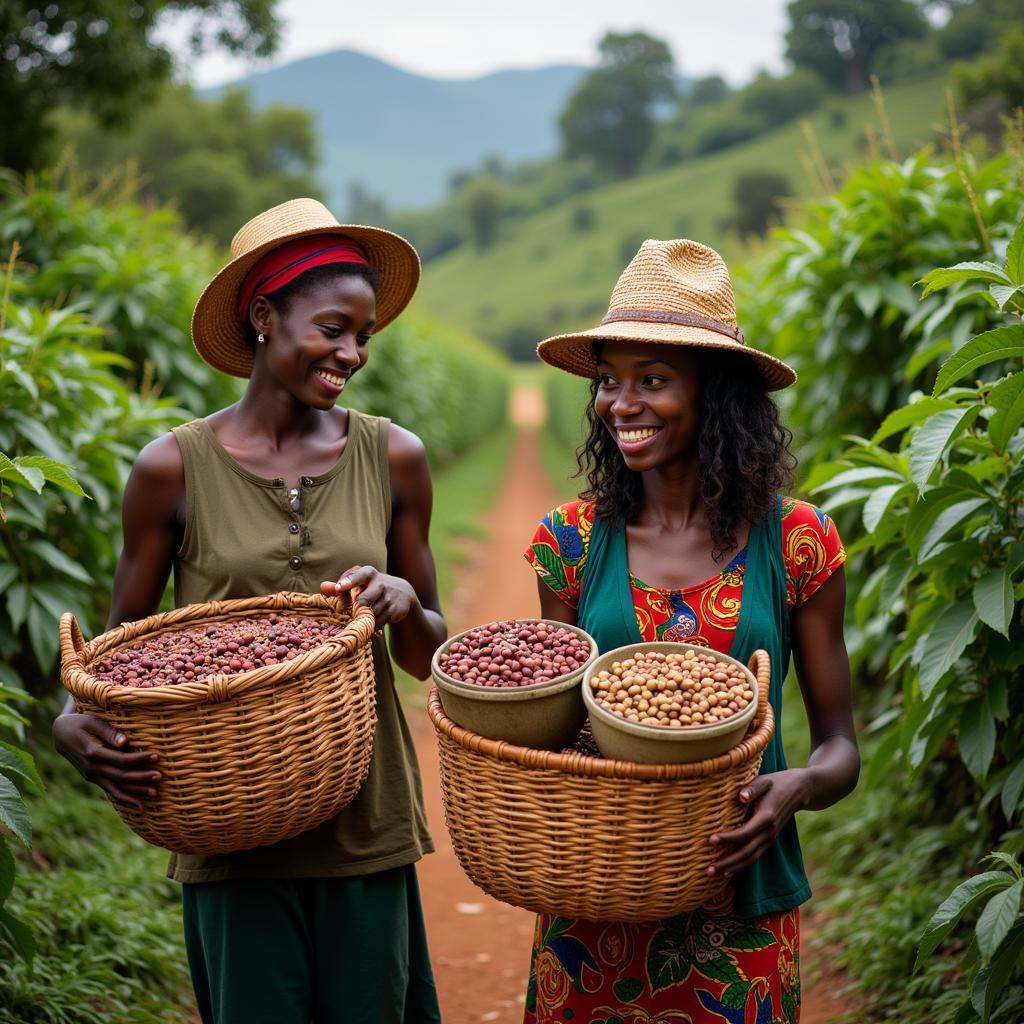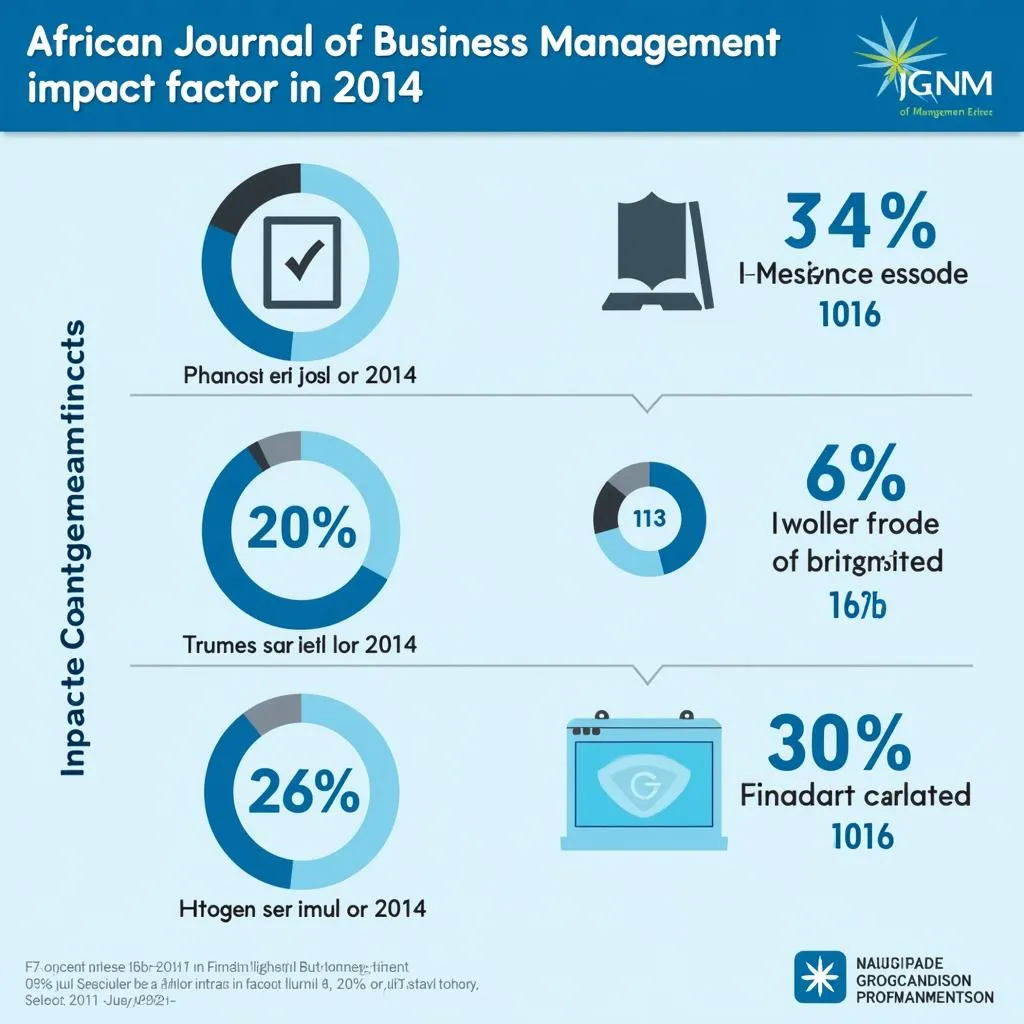Navigating the Landscape of African Commodities
Africa, a continent teeming with diversity and brimming with potential, is increasingly recognized for its wealth of natural resources and commodities. From the mineral-rich south to the oil-producing west, African Commodities play a crucial role in the global marketplace. Understanding this landscape is key to appreciating both the challenges and opportunities that these resources present.
The Diversity of African Commodities
African commodities encompass a wide spectrum, each with its own unique impact on the continent’s economic landscape.
1. Energy Resources: Fueling Global Demand
Africa boasts significant reserves of oil and natural gas, particularly in nations like Nigeria, Algeria, and Angola. These resources have driven economic growth and attracted substantial foreign investment. However, the dependence on these commodities has also raised concerns about sustainability, environmental impact, and equitable distribution of wealth.
2. Mineral Wealth: A Double-Edged Sword
The African subsoil is a treasure trove of minerals, including gold, diamonds, cobalt, and platinum. South Africa, for instance, is a global leader in gold and platinum production. While these resources hold immense economic promise, their extraction often comes with social and environmental costs, highlighting the need for responsible mining practices.
3. Agricultural Powerhouse: Feeding the World
Agriculture remains the backbone of many African economies, with the continent being a major producer of cocoa, coffee, cotton, and tea. These cash crops are vital for export earnings and livelihoods, yet challenges such as climate change, land degradation, and market volatility require innovative solutions to ensure sustainable agricultural practices.
 African Farmers Harvesting Coffee
African Farmers Harvesting Coffee
The Significance of African Commodities in the Global Market
African commodities are intricately woven into the fabric of the global economy. The continent’s vast reserves of oil and gas fuel industries worldwide, while its minerals power everything from smartphones to electric vehicles. Furthermore, agricultural products like cocoa and coffee are essential ingredients in products enjoyed by millions daily.
1. Trade and Investment: A Catalyst for Growth
The demand for African commodities has led to increased trade and foreign investment. China, in particular, has become a major trading partner, investing heavily in infrastructure and resource extraction. While such partnerships offer economic benefits, ensuring equitable trade agreements and responsible investment practices are crucial.
2. Geopolitical Implications: A New Era of Engagement
The abundance of African commodities has also elevated the continent’s geopolitical significance. Countries are vying for access to these resources, leading to increased diplomatic engagement and strategic partnerships. It is essential for African nations to leverage their resource wealth to foster sustainable development and secure their place on the global stage.
Challenges and Opportunities: Shaping the Future of African Commodities
The African commodities sector faces a multitude of challenges, including price volatility, infrastructure deficits, and governance issues. However, amidst these challenges lie significant opportunities.
1. Value Addition and Diversification: Moving Beyond Raw Materials
African nations are increasingly recognizing the need to move beyond the export of raw materials and focus on value addition and diversification. By processing their commodities locally, countries can capture more of the value chain, create jobs, and boost economic growth.
2. Sustainable Practices: Balancing Development with Environmental Stewardship
The extraction and production of commodities often come at an environmental cost. Therefore, embracing sustainable practices is paramount. This includes investing in renewable energy, adopting responsible mining techniques, and promoting sustainable agriculture to mitigate the environmental impact.
3. Human Capital Development: Empowering the Next Generation
Investing in education, training, and skills development is crucial to ensure that African citizens benefit from the continent’s commodity wealth. By equipping the workforce with the necessary skills, African nations can move up the value chain and create a more prosperous future.
Conclusion: Charting a Path Toward Sustainable Prosperity
African commodities have the potential to be a powerful engine for economic growth and development. By embracing sustainable practices, investing in human capital, and diversifying their economies, African nations can harness the full potential of their resources and chart a path toward sustainable prosperity. The journey requires collaboration, innovation, and a commitment to equitable and inclusive growth, ensuring that the benefits of African commodities reach all corners of the continent.
FAQs about African Commodities
- What are the top 5 commodities exported from Africa? The top 5 commodities exported from Africa are crude petroleum, gold, natural gas, diamonds, and 1 South African Rand.
- Which African country has the most natural resources? The Democratic Republic of Congo is widely considered to possess the most abundant natural resources in Africa.
- How can I invest in African commodities? There are various ways to invest in African commodities, including through exchange-traded funds (ETFs), mining companies listed on stock exchanges, and specialized investment funds.
- What is the African Continental Free Trade Area (AfCFTA)? The AfCFTA is a trade agreement aimed at creating a single market for goods and services in Africa, promoting intra-African trade and boosting economic integration.
- How are African countries addressing the issue of resource curse? Many African countries are implementing policies to combat the “resource curse” by promoting transparency, diversifying their economies, and investing in human capital development.
Need More Information?
- Learn about the impact of African Gini coefficient on economic inequality.
- Discover the vibrant cultures and economies of African countries in West Africa.
Contact Us:
For any inquiries or assistance regarding African commodities and investment opportunities, our team is ready to assist you.
Phone: +255768904061
Email: kaka.mag@gmail.com
Address: Mbarali DC Mawindi, Kangaga, Tanzania
We are available 24/7 to address your needs.

